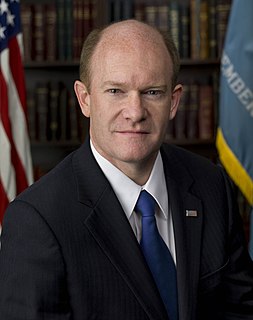A Quote by Glenn Greenwald
Free speech rights means that government officials are barred from creating lists of approved and disapproved political ideas and then using the power of the state to enforce those preferences.
Related Quotes
Revealingly, the central function of the Constitution as law--the supreme law--was to impose limitations not on the behavior of ordinary citizens but on the federal government. The government, and those who ran it, were not placed outside the law, but expressly targeted by it. Indeed, the Bill of Rights is little more than a description of the lines that the most powerful political officials are barred from crossing, even if they have the power to do so and even when the majority of citizens might wish them to do so.
The U.S. was founded by a group of political leaders who signed a document which says, "We are endowed by our Creator with certain inalienable rights." That means that all of your political rights come from God and you then loan some of your power to the State which is why the Constitution begins, "We, the People of the United States.
Because of the free speech clause in the First Amendment, which is very clear, "The government shall make no law abridging freedom of speech," and it literally is about political speech. You can say anything you want about politics, a candidate, and the government cannot stop you. And the Democrats hate that.
In short, it is the greatest absurdity to suppose it in the power of one, or any number of men, at the entering into society, to renounce their essential natural rights, or the means of preserving those rights; when the grand end of civil government, from the very nature of its institution, is for the support, protection, and defence of those very rights; the principal of which, as is before observed, are Life, Liberty, and Property.
The greater the importance to safeguarding the community from incitements to the overthrow of our institutions by force and violence, the more imperative is the need to preserve the constitutional rights of free speech, free press and free assembly in order to maintain the opportunity for free political discussion.
I wish that Google would realize its own power in the cause of free speech. The debate has been often held about Google's role in acceding to the Chinese government's demands to censor search results. Google says that it is better to have a hampered internet than no internet at all. I believe that if the Chinese people were threatened with no Google, they might even rise up and demand free speech - free search and links - from their regime. Google lives and profits by free speech and must use its considerable power to become a better guardian of it.




























